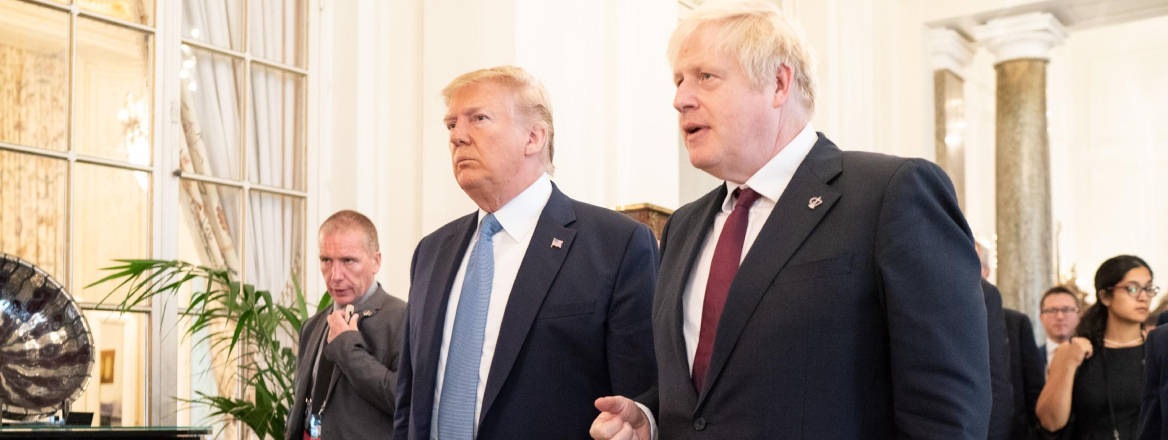Taking Control: Rediscovering the Centrality of National Interest in UK Foreign and Security Policy
Malcolm Chalmers
10 February 2020Long Read
Following Brexit, the UK will need to adopt a flexible approach in its foreign and security policy.
Executive Summary
- Foreign policy is too often seen as an area of activity that is separate from others, and is focused on protecting the international order (‘the Rules-Based International System’).
- The starting point of foreign policy should instead be a clear articulation of the UK’s national interests and values, accompanied by a realistic strategy for protecting and pursuing them.
- The 2019 election has highlighted the need for the government to give top priority to tackling the country’s deep-seated domestic problems. Foreign policy needs to be seen to be relevant to tackling these concerns.
- There is strong support for the UK to do what it can to protect the world’s most oppressed and disadvantaged, for example in support of high levels of aid, where the UK remains a world leader in quantity and effectiveness. But two decades of failed interventions have shown how difficult it is for Western powers to radically reshape the dynamics of foreign societies.
- The UK should cease to promote the narrative that there is one single Rules-Based International System. There is not. Efforts to tackle pressing international problems through collective action are more likely to succeed if they involve coalitions between major powers than if they are only based on rules-based systems that lack clear and binding obligations. Given the rise of more nationalist leaders in most major powers, the UK needs to be realistic about the prospects for success in such endeavours.
Facing multiple challenges with limited resources, principles for UK foreign and security policy include:
- Focus on the Homeland: The first priority should be to respond to security threats to the UK homeland, both from competitor states and from non-state actors.
- Secure the Neighbourhood: Maintaining strong security partnerships with European allies is vital to tackling threats to the UK and its immediate neighbourhood.
- Increase Capability for Action Without the US: The government should examine where relatively modest investments could enhance UK capability for action with European allies, if necessary without direct US involvement, notably in the range of limited security crises that could develop at short notice in and around Europe.
- Be Prepared for Competition Without End: UK policy towards Russia and China should be based on a readiness (and ability) to push back strongly, in concert with allies, when threatened, but also a willingness to seek cooperation where common interests can be furthered.
- Setting Clear Priorities Outside Europe: Commercial advantage is likely to be the main driver for UK foreign policy in most countries outside Europe. In some places, the need to counter direct security threats – including terrorism and organised crime – may take a more central place. While other policy instruments (such as diplomacy, development and security assistance) have global application, the ability to use military force outside the European neighbourhood should not be given a high priority.
WRITTEN BY
Malcolm Chalmers
Former Deputy Director General, RUSI


